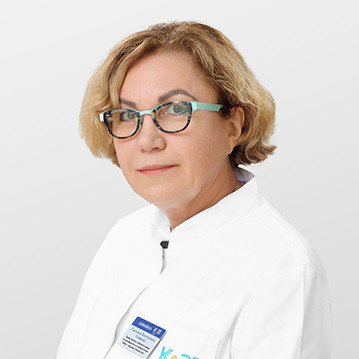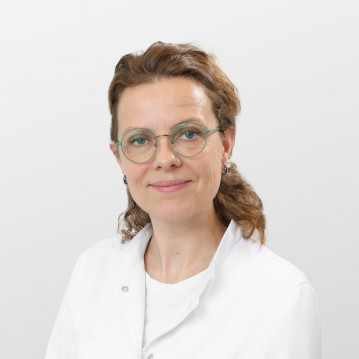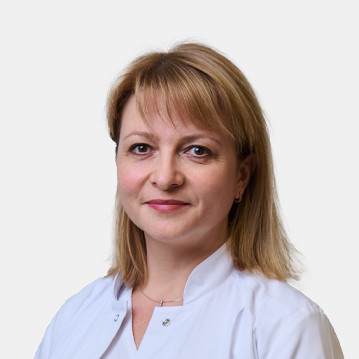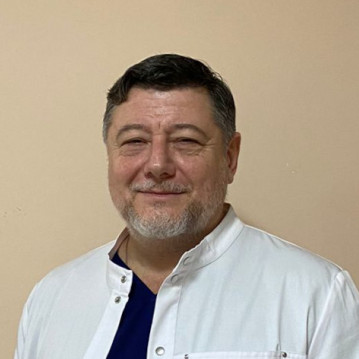Postcoital cystitis

specialists

equipment

treatment
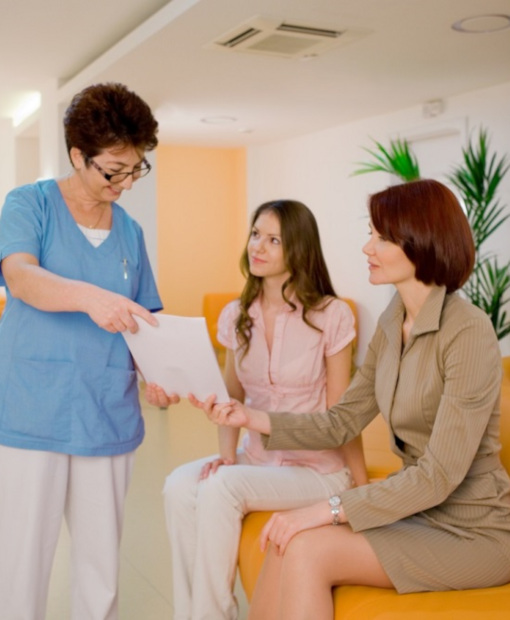
Postcoital cystitis develops as a result of a complex of factors, the most important of which are: condition of the vaginal microflora, virulence of uropathogenic bacteria, anatomical features of the urethra and vagina, its narrowness with a discrepancy in the size of the penis, the intensity and duration of sexual intercourse, difficult, complicated childbirth and surgical interventions in this area.
Your doctor may suggest several treatment options, depending on your medical condition and the regularity of your cystitis:
- Antibiotics one-time or on a regular basis.
- Taking hormonal drugs, especially in postmenopausal women.
- Performing extravaginal transposition of the urethra showed high efficiency in the prevention of recurrences of postcoital cystitis.
Don't delay your visit to the doctor! Timely diagnosis and treatment will return you comfort, health and self-confidence.
Cystitis is an inflammation of the bladder caused by an infection. Some women have repeated outbreaks of cystitis: three proven separate infections per year or two in six months. In most cases, a woman has no obvious reason for frequent outbreaks of cystitis. There are several treatment options a doctor can suggest.
Cystitis can occur in women due to:

Appointment to the doctor
Some women note that they may have cystitis almost immediately or a day after intercourse.
Part of this may be due to movements during intercourse, which can move bacteria into the bladder. There may also be slight damage to the urethra - it promotes the growth of bacteria. Especially if the vagina is dry during intercourse. The normal mucus in and around the vagina can also be disturbed by the use of spermicides or uterine caps.
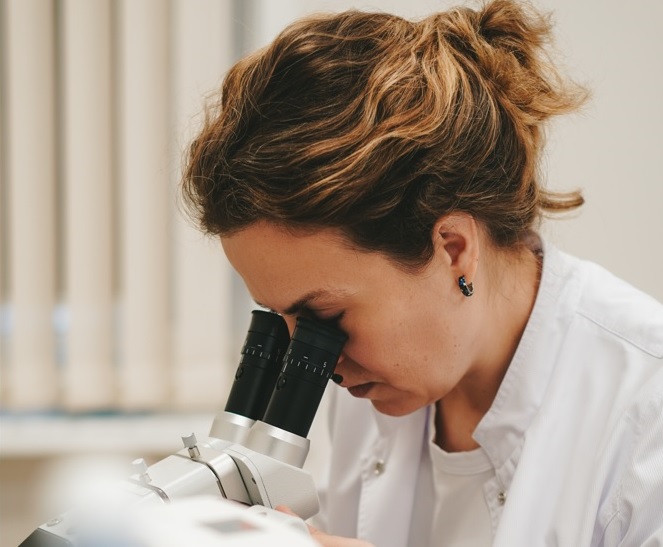
- Before intercourse, wash your genitals and hands well. A warm bath may help (avoid scented products). Some people believe that pubic hair is a haven for bacteria, however, if you choose to exfoliate your skin, be careful of ingrown hairs that can cause problems.
- Make sure you empty your bladder as soon as possible after intercourse, as this will help flush out any bacteria that may have entered.
- Use lubricants if the vagina is dry, and if the cause is bruising rather than bacteria, apply a little around the urethra to reduce friction. Do not use spermicides or uterine caps for contraception.
- Contact your doctor for a comprehensive diagnosis and treatment.
The woman's body has defense mechanisms that do not allow bacteria to cause cystitis: the mucus around the vagina and urethral opening is slightly acidic, which prevents the growth of bacteria.
In most cases, there is no clear reason why cystitis recurs, if there are no problems with the bladder or defense system that could be identified.
It is possible to change the body's ability to resist the penetration of bacteria into the bladder and the appearance of infection. A slight deviation in the body's defenses can lead to the multiplication of bacteria that cause infection.
Sources:
Price
Make an appointment at a convenient time on the nearest date
Our doctors

This award is given to clinics with the highest ratings according to user ratings, a large number of requests from this site, and in the absence of critical violations.

This award is given to clinics with the highest ratings according to user ratings. It means that the place is known, loved, and definitely worth visiting.

The ProDoctors portal collected 500 thousand reviews, compiled a rating of doctors based on them and awarded the best. We are proud that our doctors are among those awarded.
